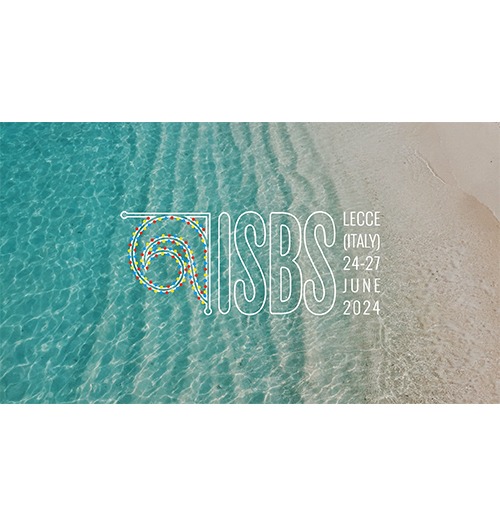IX International Sandy Beaches Symposium
Home | Events | LifeWatch Italy | IX International Sandy Beaches Symposium

Lecce, Italy
The International Sandy Beaches Symposium invites sandy beach researchers, students, and managers to share their research, interact, and establish links. The IX ISBS is returning after a 6-year break to align research with emerging needs of multi-disciplinarity and representativeness. During the Symposium, two workshops will aim to harmonise research and address gaps in the context of sandy beaches. The workshop will have two topics: Research Integrity and Validating a standard vocabulary for beach ecosystem studies.
To learn more about the International Sandy Beaches Symposium, please visit the dedicated website: https://isbsymposium.org/
Research Integrity
Integrity is essential for research, impacting data reliability and societal scientific trust. With heightened attention to research integrity due to the COVID-19 pandemic, it’s crucial to ground theories, principles, and guidelines into our research practice. During the workshop, guidelines from Hazel Newton, Dr Ed Gerstner, Dr Jo Appleford-Cook, Christina Emery, and Laura Graham-Clare at Springer Nature Ltd. will be used to delve deeper into this topic.
Validating a standard vocabulary for beach ecosystem studies
Data sharing is increasingly important, but creating machine-interoperable data is still challenging. Standard terminologies are crucial for achieving FAIR principles. This workshop will create a common vocabulary for data harmonisation in sandy beach ecosystem research. It will focus on understanding standard terminologies, presenting a vocabulary for beach-related research, and validating it for improved data consistency and sharing within the research community.